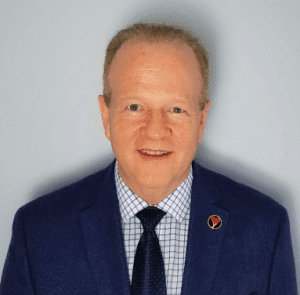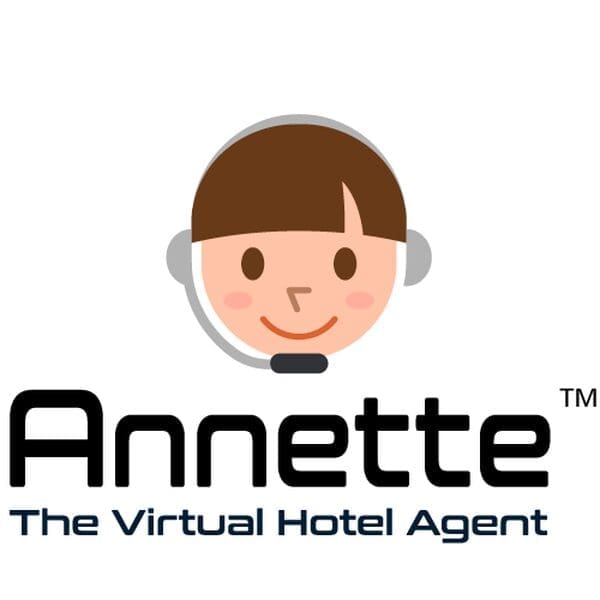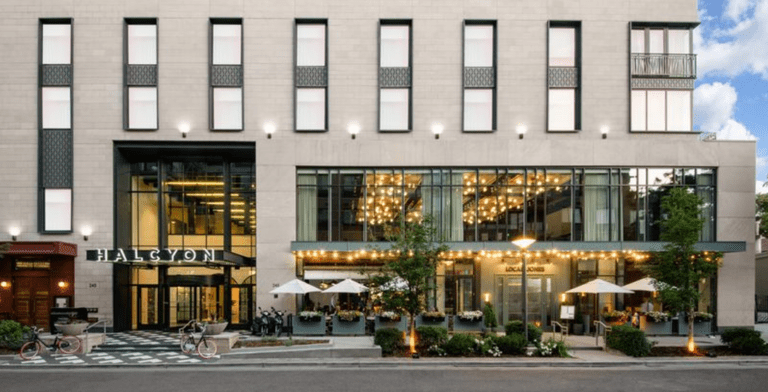 As the hospitality industry begins to step out of the shadow of the COVID Pandemic, one question remains after a year-and-a-half of uncertainty, “what do travelers want now?”
As the hospitality industry begins to step out of the shadow of the COVID Pandemic, one question remains after a year-and-a-half of uncertainty, “what do travelers want now?”
The events of 2020 forever altered the way we travel. While the industry has been able to successfully adapt after the hardships of the last year, we must address the fact that travelers’ wants and needs have changed. Every aspect of travel was impacted by the events of the last year, from how travelers book their stay to what they expect out of their hotel experience. So, how can hospitality professionals keep up with the shifting demands of today’s travelers? By listening, offering choices, and providing real value.
To find out how hotels can better adapt to the needs of the modern traveler, continue reading below as we break down how traveler’s needs are changing in every step of the traveling process in Hospitality on Their Own Terms.
Travelers may require a personal touch while researching and booking
While booking through OTA’s and other third-party platforms has steadily increased over the last decade, travelers are now seeking a personal touch in the booking process. Travelers who do their own research and even book through their own preferred channel are now seeking the comfort of traditional voice channels as they book travel in this new post-pandemic landscape.
 Many travelers are calling into reservation departments seeking personal reassurance that their travel experience will meet their expectations. When a prospective traveler calls your reservation department, make sure you have professionals on the other end of the line. Properly trained call center agents are experts on your property and can sell your hotel on its best attributes while also reassuring potential guests about any concerns they may have such as the need to be assured that safety practices are being taken seriously.
Many travelers are calling into reservation departments seeking personal reassurance that their travel experience will meet their expectations. When a prospective traveler calls your reservation department, make sure you have professionals on the other end of the line. Properly trained call center agents are experts on your property and can sell your hotel on its best attributes while also reassuring potential guests about any concerns they may have such as the need to be assured that safety practices are being taken seriously.
When speaking on airline sanitation policies for the Washington Post, Raquel Rosenthal, CEO of Digilant, a marketing agency that tracks consumer preferences says, “consumers don’t just want to read that an airline brand has strict sanitation policy. They want to see and experience it through digital signage and customer service interactions. And when a policy changes, consumers want to know why and how it will directly affect their experience.” The same can be said for the hospitality industry.
Travelers are spending more, and they expect real value in return
Travel prices are on the rise. Travel prices seem to be bouncing back and even surpassing pre-pandemic numbers. Whether for rental cars or hotel rooms, travelers are spending more each trip than ever before, and they expect to see real value in return. With higher listed prices per night, your hotel’s best shot at conveying the true value of the total travel experience is through a certified hotel call center.

The Kennedy Training Network
Call center agents are trained to sell your hotel’s best features and convey to guests the true value of every dollar spent. A friendly voice operating your hotel’s reservation line will showcase their real value using their voice channel.
According to Doug Kennedy, President of The Kennedy Training Network, “If your hotel is going to push rates, you better be prepared to deliver throughout the guests’ cycle of service, but most importantly when they call to double-check a rate offer or with questions about services and amenities.”
Cleanliness and assurances of safety are at the forefront of every traveler’s mind
New cleaning and safety practices have been adopted in all industries, hospitality included, and are now considered standard. Hotel guests want to be sure their stay will feature the latest sanitation and social distancing practices.
As the last year has taught us, up-to-date safety and sanitation procedures can require the attention of the entire hotel staff. Let your staff focus on current guests while expertly trained call center agents man the lines in the reservation department. Utilizing a hotel call center will allow your staff to give 100% of their attention to meeting and exceeding your guests’ expectations.
Personalized experiences have become the expectation of every traveler
When speaking to the Washington Post, Danny Turner, the Global Senior Vice President of Creative Programming at Mood Media, had this to say, “more and more brands are changing their perspective from a brand-first position to a more customer-focused effort.”
Essentially, each traveler expects the heightened customer service efforts of the pandemic to remain long after the pandemic is a distant memory. “Companies that treat travelers with appreciation and personalized service will have the edge over the ones where you feel like a number,” says Jeff Galak, Associate Professor of Marketing at Carnegie Mellon University’s Tepper School of Business, also while speaking to the Washington Post.
 As the title implies, customers don’t want the cookie-cutter travel packages of the past – they want to travel on their own terms. Hospitality on the guests’ terms means hotels need to offer more flexibility in bookings, room selection, and rewards programs.
As the title implies, customers don’t want the cookie-cutter travel packages of the past – they want to travel on their own terms. Hospitality on the guests’ terms means hotels need to offer more flexibility in bookings, room selection, and rewards programs.
In addition to pleasing customers, offering more choices to hotel guests introduces more opportunities for new revenue streams. But that’s not all, Berkshire Hathaway Travel Protection’s latest State of Travel Insurance report states that travelers want more flexibility. Travelers are learning what hoteliers have known for years, that booking directly with a property offers more flexibility than booking with an OTA. Many OTAs fail to accommodate reservation changes or provide refunds in the event of a cancellation. New research suggests that despite the continued use of OTA’s, more travelers will book directly with properties.
To meet the rising expectations of a world where customer service is paramount, hotel professionals are turning to expertly trained call centers to man their voice channels, sell reservations, and increase revenue. As the role of customer service and personalized travel experiences grows, it’s more important than ever to have call center agents who know your property inside and out.


















